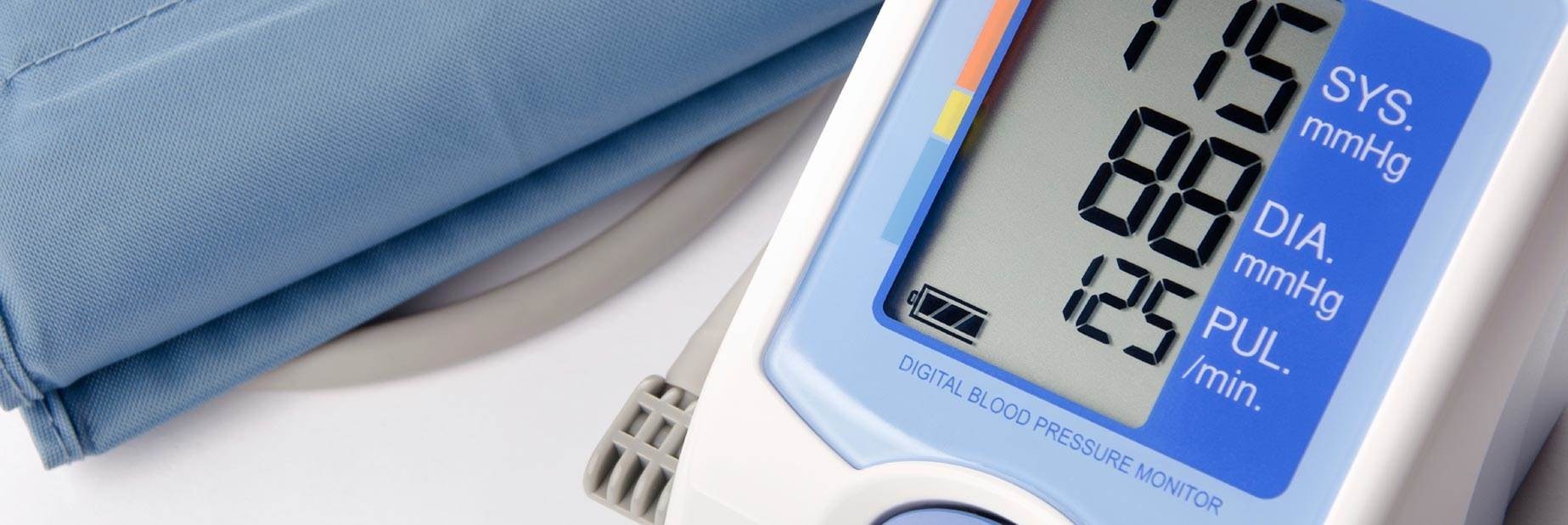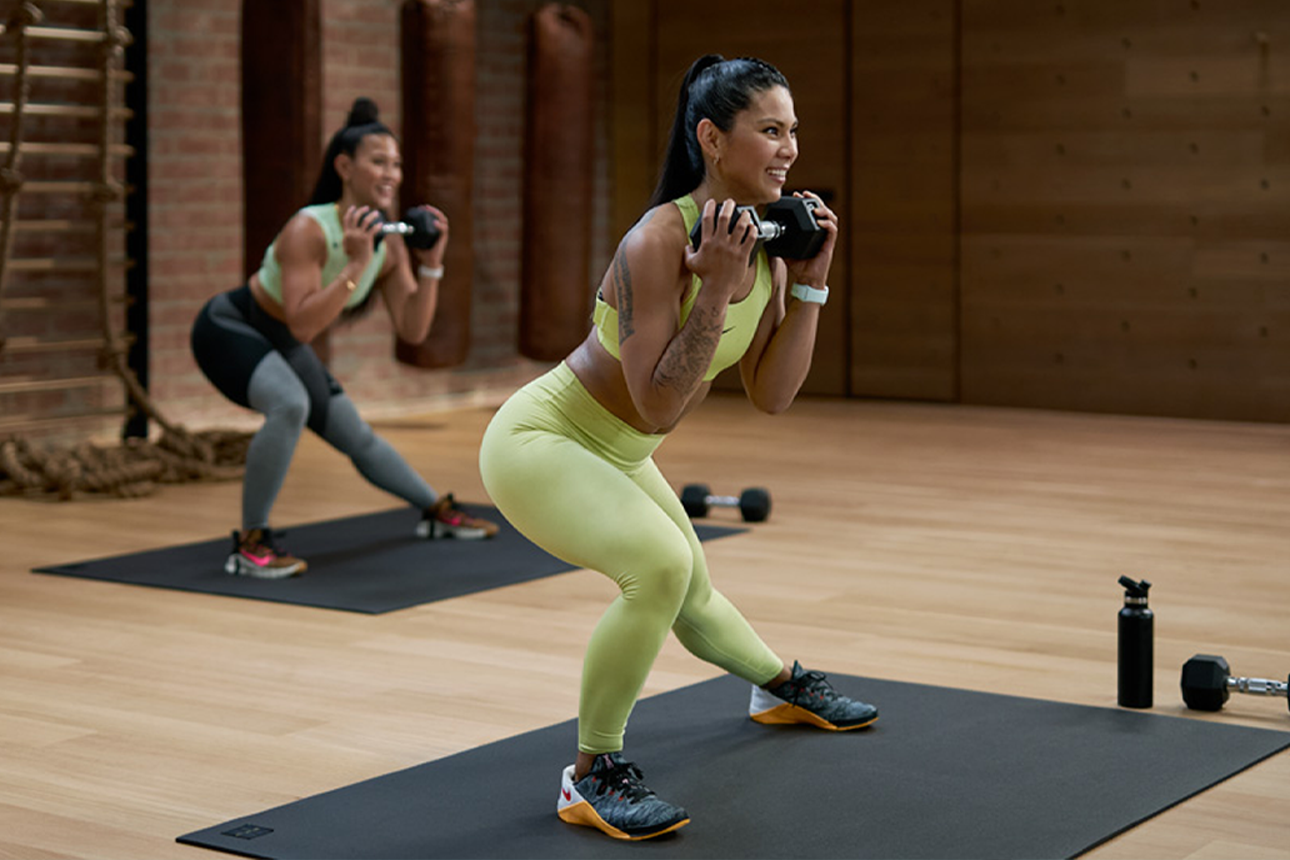
By Kate Harvey
Content Manager | Pou Whakahaere Ihirangi
Is snoring driving you mad? We asked Dr Lutz Beckert, a respiratory and sleep specialist at Christchurch Hospital and Professor of Medicine at Otago University, and Dr Alex Bartle, GP and director of the nationwide Sleep Well Clinics, to tell us which ones work.
Nasal strips and dilators
Dr Beckert said the little adhesive strips that you place across the outside of your nose will help you breathe better in the night, but if you’re a bad snorer they won’t do much.
“By the time your snoring is bad enough that your partner complains about it, nasal strips are not likely to make any difference.”
Australia’s Sleep Health Foundation agrees - “nasal dilator strips can unblock your nose. But by themselves they won’t stop snoring.”
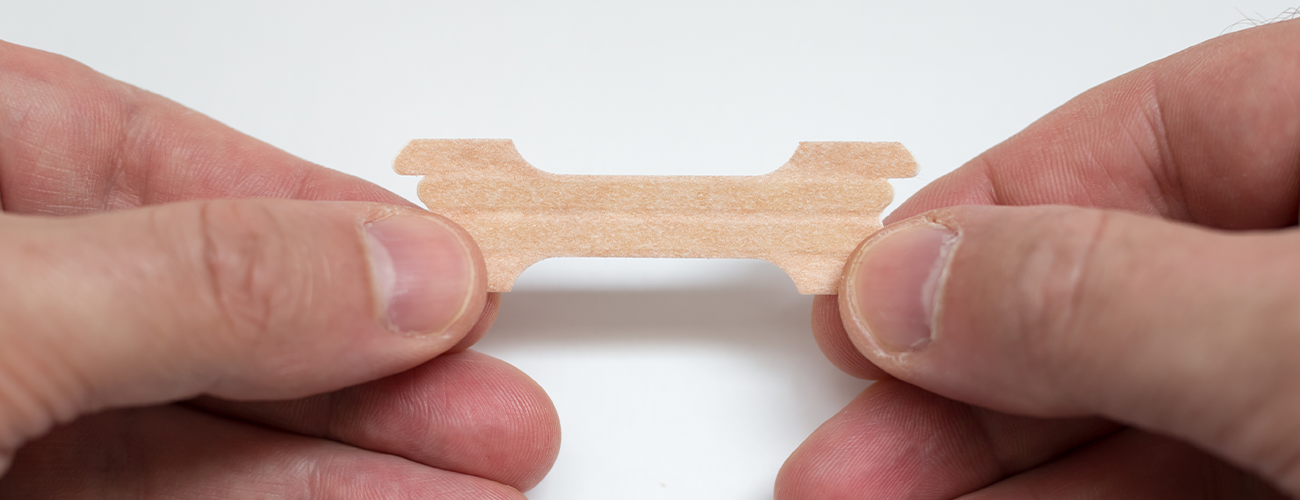
They also work out to be expensive if you’re buying them regularly, Dr Beckert said. At about $1 per strip, they’ll add up quickly.
Dr Bartle said while some people reported that they helped, he thought there was “a fair bit of placebo effect” going on. “They rely on the partner reporting back, and many want to believe their money was well spent.”
However, the American Sleep Association says you shouldn’t write them off. “Studies appear to be mixed on the effectiveness of snore strips,” the association’s website says. “Although snoring strips will not treat sleep disorders, they may decrease snoring in some cases. Since they usually do not cause side effects and are relatively affordable, it might be worth a try.”
Dr Beckert said dilators that go in the nose and have valves that open when you breathe in do work but aren’t well tolerated. “In theory they should work but I haven’t found anyone who can tolerate them for more than a few nights.”
Worth trying? Maybe
Nasal and throat sprays
Nasal sprays get a big thumbs up from Dr Bartle – but only for children and only as a prescription steroid spray designed to shrink their adenoids, which is often the cause of children’s snoring. But for adults, he said, sprays are unlikely to work.
The doctors agreed that over-the-counter nasal sprays, which have the intention to lubricate the parts where snoring happens, are not likely to work for eight hours.
Worth trying? No
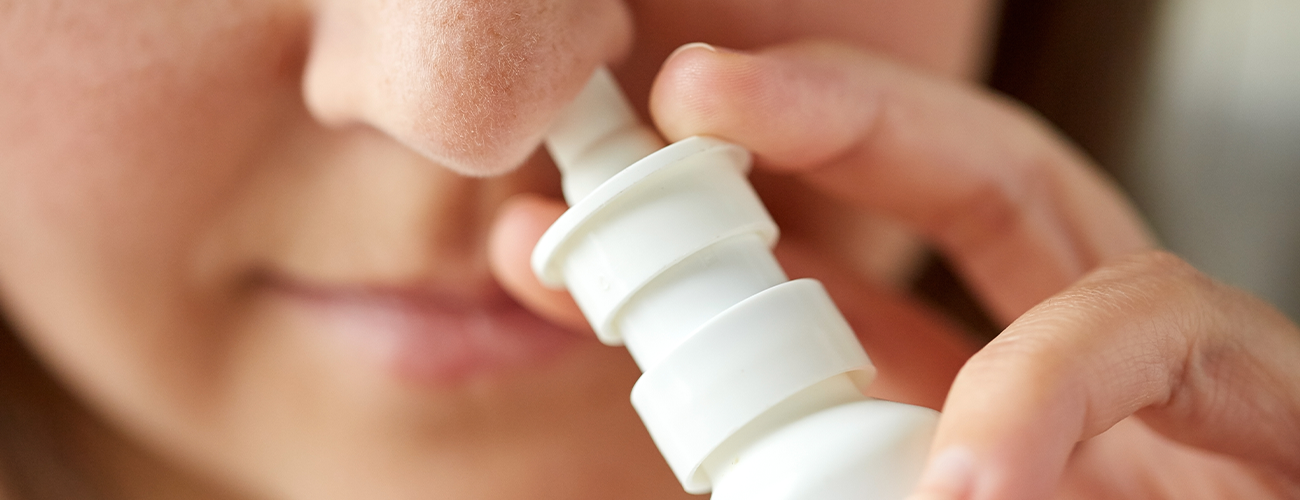
Tongue stabilising/ retaining devices
These devices which pull the tongue forward, usually using suction, get a tick of approval from our sleep physicians.
“They do actually work, bizarrely, if you can manage to sleep with it,” Dr Beckert said. “They make sense because it pulls the tongue from the floppy part of the throat, and they’re also quite cheap.”
“I’ve tried them all,” Dr Bartle said. One he approves of is a New Zealand invention called the AVEOtsd, which costs about $100 at pharmacies.
“You’re sucking the tongue forward so it stops it from falling back, but they’re not that easy to wear,” he said.
Others that push the tongue down work in theory – “but in practice you’ll be gagging”, Dr Bartle said. And that’s not conducive to a good night’s sleep. Dr Beckert agreed: “Most people don’t last a single night with them.”
Worth trying? Yes
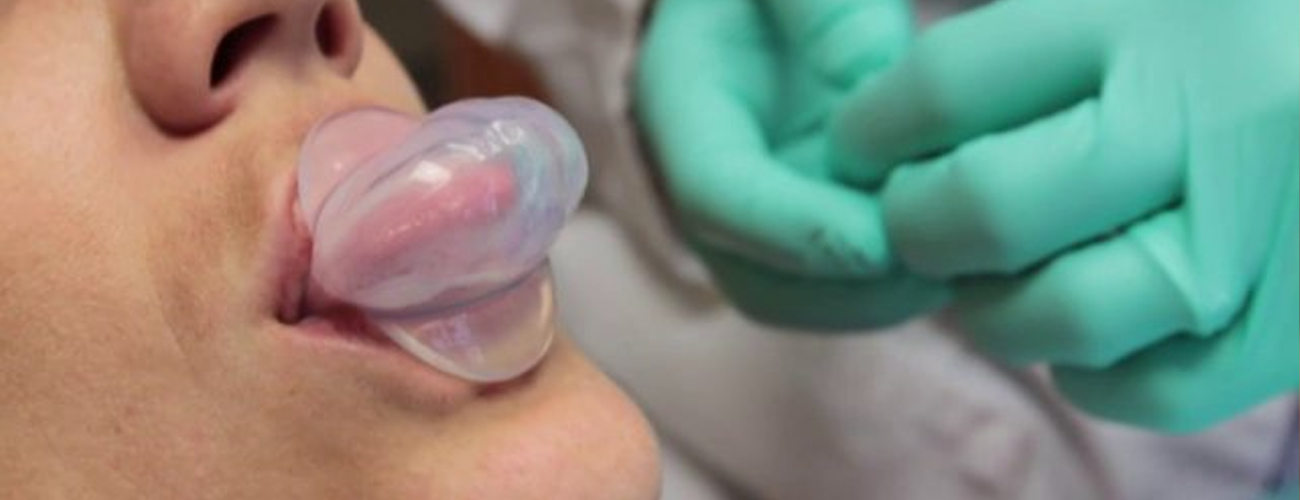
Mandibular advancement splints (MAS) or devices (MADs)
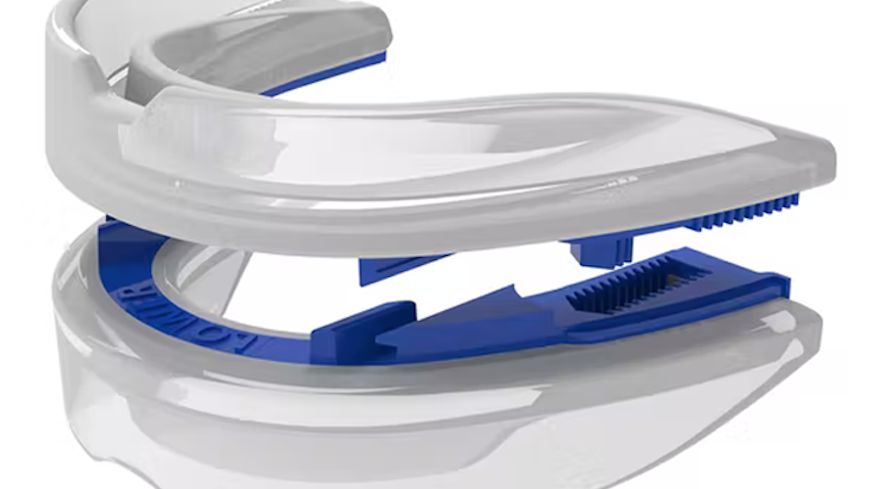
This is another device that goes in your mouth and is attached to your teeth to bring your lower jaw forward and keep your tongue away from your throat, giving you a wider airway. They look a bit like a mouthguard.
“They do upset the jaw joint so dentists don’t like them, generally,” Dr Bartle said. “If you’re going to go down that path, by all means try it, but if you want to continue, then do it in consultation with your dentist.”
The Australasian Sleep Association says they’re a proven treatment for snoring. But its official position is: “Both the available data and expert clinicians’ experience suggest that there is a very limited role for off-the-shelf or boil-and-bite-type MADs.” They may be helpful for “simple snoring” if it’s moderate but are not suitable for sleep apnoea, it says. “The unreliable fit often leads to poor tolerance and potentially undesirable dental side effects. The provision of these or any teeth-retained devices should only be undertaken by an appropriately trained dentist.”
Worth trying? Yes
Mouth tape
This is a piece of tape with a vent that goes over your mouth, encouraging you to breathe through your nose instead of your mouth. But while they might appear to solve the snoring problem, Dr Bartle said the noise has just been dampened by moving the breathing to your nose.
“The reality is if you snore through your nose, it’s not as loud as if you’re snoring through the mouth. So you’re still snoring but it’s just not as loud as when the mouth is open,” he said.
Dr Beckert said mouth tape could also make it harder to breathe, so you’re in a shallow sleep state for most of the night. “If that happens, snoring is likely to be reduced since snoring generally occurs in the deeper stages of sleep when the muscles are more relaxed.” So while you might be quieter, you’re not likely to wake up feeling refreshed.
Worth trying? No
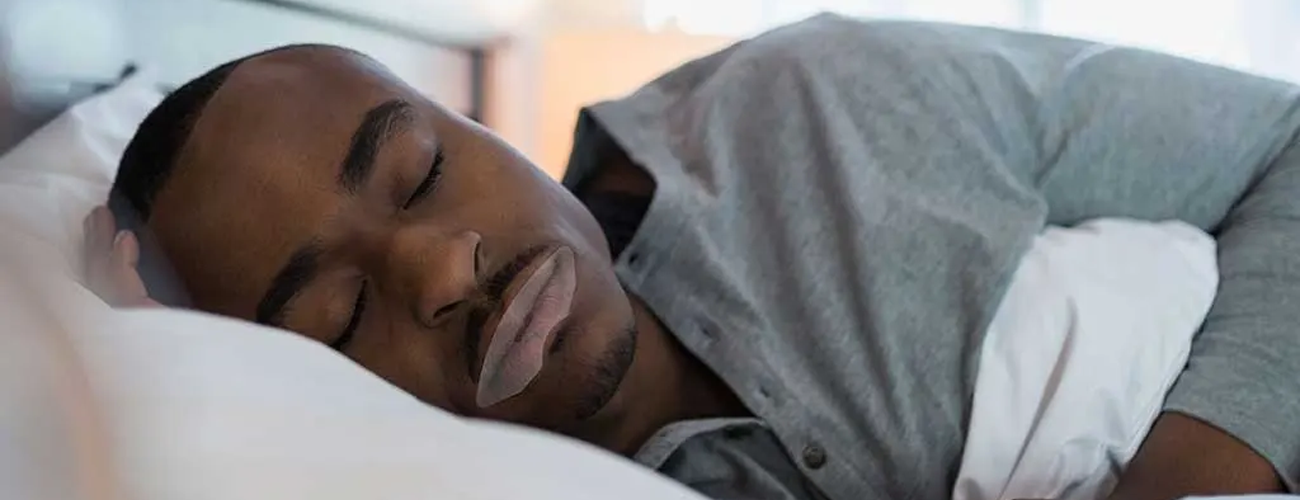
The free trick to try
Dr Beckert said everybody snores at some stage in their life, and sometimes it can just mean you’re really tired. But there’s a simple trick to work out how much of a problem your snoring is.
For a lot of people, sleeping on their side will be enough to make the sound stop. And a way to make yourself stay there is to stitch a pocket or a sock to the back of a T-shirt and put a tennis ball in it. When you try to roll on to your back in your sleep, the discomfort will prompt you back on to your side.
“But if you continue to snore on your side, there’s a good chance you have sleep apnoea,” he said.
Dr Bartle said you can also find devices online that you wear and that vibrate if you try to lie on your back. “So it stops your partner from having to wake up to do it, but you’re still waking up.”

Do any over-the-counter sleep remedies work?
Your local pharmacy will have a raft of over-the-counter products peddling sleep benefits. But most of them have little to no evidence to support their claims.
Obstructive sleep apnoea and CPAP machines
If you’re told you snore in the night, then pause before gasping for air, you could have sleep apnoea. This condition affects about 10 percent of women and 25 percent of men in New Zealand. It’s caused by the muscles in your airways relaxing and blocking/ obstructing air flow. Sufferers stop breathing throughout the night until their brain wakes them up – sometimes hundreds of times.
Symptoms include:
waking up feeling tired
early morning headaches
finding it difficult to concentrate and finish tasks
altered mood.
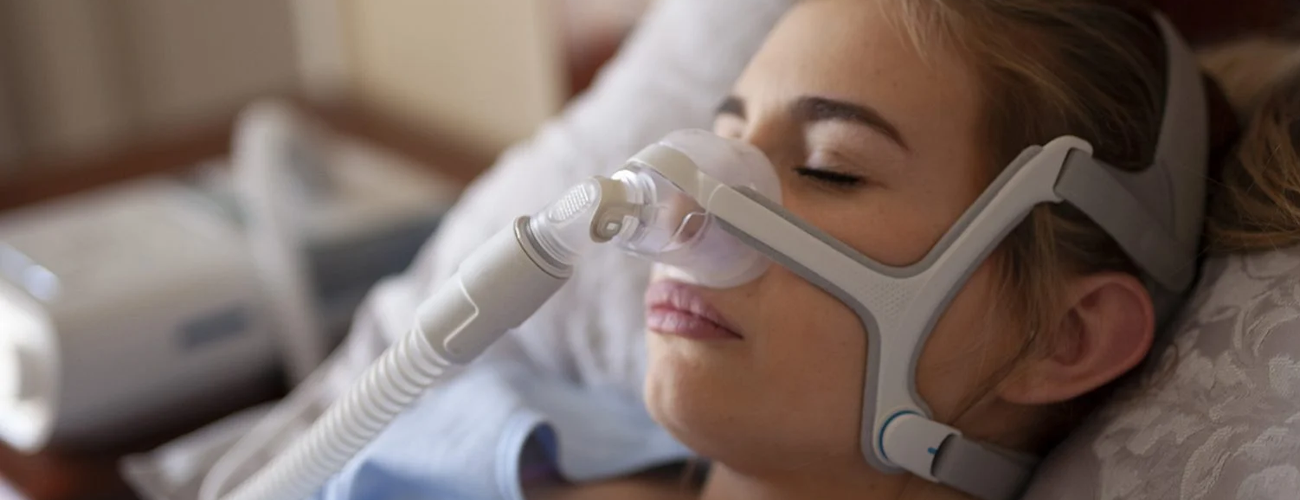
Continuous positive airway pressure (CPAP) is the most effective treatment. It involves wearing a mask that’s attached to a small air pump to keep your airway open while you sleep.
Having to get one might be a bit of a scary thought. The idea of wearing a mask over your face every night isn’t the most appealing, not to mention the cost – they are usually about $1000-$2500.
But Dr Bartle said they come with a guarantee that they work. He advised getting one from a professional who can set you up and regularly check in to make sure it’s working. He said about 60 percent of people struggle to get it right when they’re setting it up.
Dr Beckert said research had shown CPAP causes better daytime alertness, better decision making and lower blood pressure.
People with very severe sleep apnoea can get one funded, but most people would have to fork out for one. If you’re already paying for over-the-counter snoring fixes regularly, though, the cost of those would be better put into monthly repayments on a CPAP machine, he said.
If you’re interested in going down this route, you can talk to your GP, who is likely to refer you to a sleep physician or ear, nose and throat specialist, or you can contact a sleep clinic directly
Lifestyle changes
There are some factors that make you more likely to be a snorer. If you want to try to cure your snoring with lifestyle changes, you can try:
losing weight if you are overweight
avoiding drinking alcohol at night
avoiding sleeping tablets
quitting smoking.

